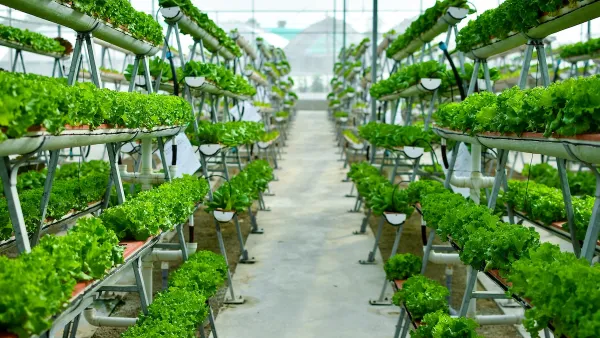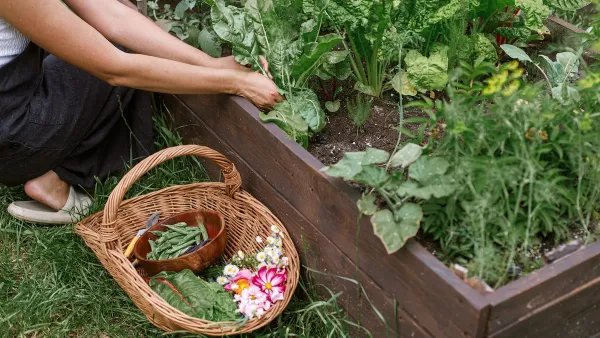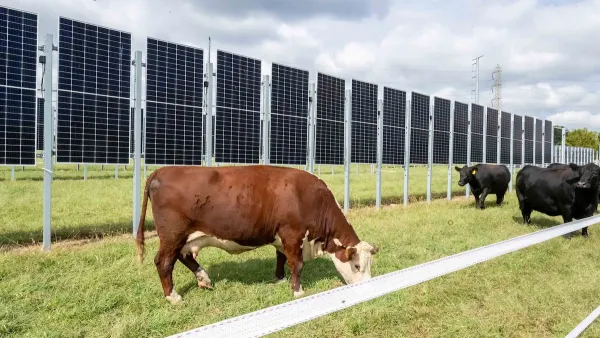To ward off crop extinctions in the event of some future catastrophe, the Svalbard Global Seed Vault opens today to receive thousands of seed samples from around the world.
"Hollowed out of a sandstone mountainside on a remote Norwegian island, a newly constructed planetary depository for seeds from key agricultural crops - dubbed the doomsday vault - is receiving its first samples this morning.
The underground, bombproof shelter, financed by the Norwegian government and located in the Svalbard Islands in the Arctic Ocean, is designed to safeguard the genetic diversity of the plants backing the world's food supply, in case political instability, nuclear war or climatic upheaval over the centuries wipes out key seed varieties from their countries of origin.
The vault has the capacity to hold a hoard of about 2.25 billion seeds, enough to preserve every important agricultural crop on Earth. But it will inter for safekeeping today an initial shipment of 100 million seeds from 268,000 varieties of wheat, barley, lentils and other crops, the beginning of a genetic trove that could come in handy for future generations.
There are currently about 1,400 collections of agricultural seeds spread around the world at plant breeding facilities, in agriculture ministries and universities, holding about 6.5 million different cultivars, or crop varieties.
The new vault has been designed to gather samples from these collections and store them in a secure facility, ensuring that if anything happens to the original seeds, backups will be available to guarantee the unique genetic resources aren't permanently lost.
Seeds sent for storage are wrapped in laminated, aluminum-foil envelopes. The vault is deep in permafrost where temperatures are typically -4 degrees to -6 degrees year-round. Special refrigeration equipment will bring the temperatures down to about -20, a level that keeps some seeds viable for centuries, others for decades.
Although the vault has been given the doomsday moniker, [Ken Richards, research manager for Agriculture Canada's genetic resources program] said he views it differently. 'I think Noah's Ark is a much better term for it,'"
FULL STORY: A doomsday vault opens doors for 100 million seeds

Analysis: Cybertruck Fatality Rate Far Exceeds That of Ford Pinto
The Tesla Cybertruck was recalled seven times last year.

National Parks Layoffs Will Cause Communities to Lose Billions
Thousands of essential park workers were laid off this week, just before the busy spring break season.

Retro-silient?: America’s First “Eco-burb,” The Woodlands Turns 50
A master-planned community north of Houston offers lessons on green infrastructure and resilient design, but falls short of its founder’s lofty affordability and walkability goals.

Test News Post 1
This is a summary

Analysis: Cybertruck Fatality Rate Far Exceeds That of Ford Pinto
The Tesla Cybertruck was recalled seven times last year.

Test News Headline 46
Test for the image on the front page.
Urban Design for Planners 1: Software Tools
This six-course series explores essential urban design concepts using open source software and equips planners with the tools they need to participate fully in the urban design process.
Planning for Universal Design
Learn the tools for implementing Universal Design in planning regulations.
EMC Planning Group, Inc.
Planetizen
Planetizen
Mpact (formerly Rail~Volution)
Great Falls Development Authority, Inc.
HUDs Office of Policy Development and Research
NYU Wagner Graduate School of Public Service




























